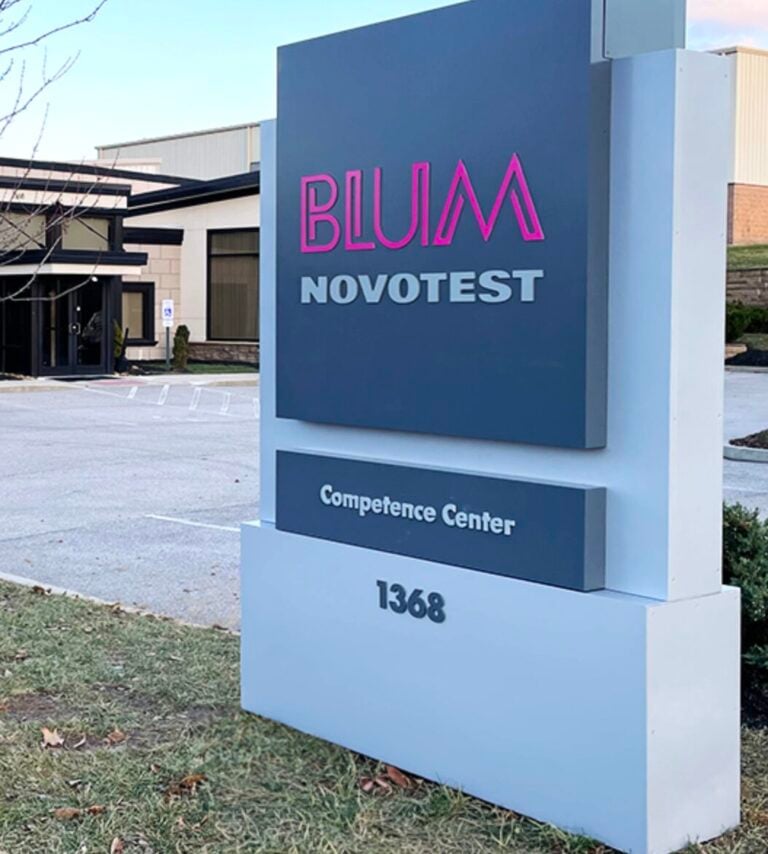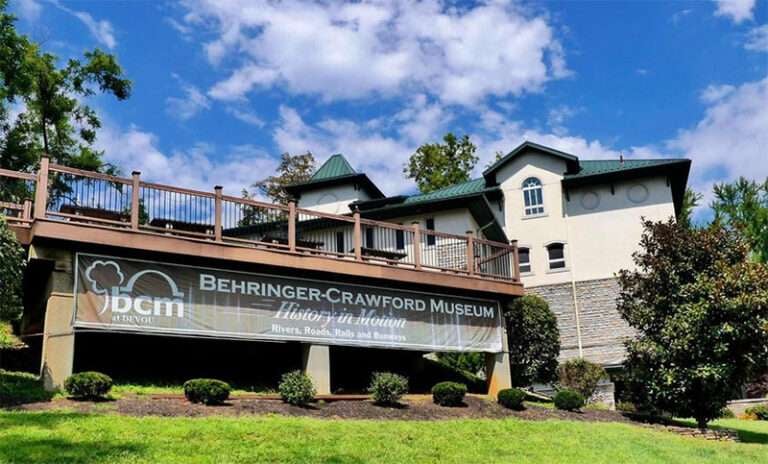A new whooping cough immunization program has been started at St. Elizabeth Health Care to improve the health of thousands of Northern Kentucky babies.
As the Maternal Child Educator at the hospital, Dr. Christina Rust, a 2014 graduate of Northern Kentucky University, became aware of the increase in infant morbidity and mortality due to whooping cough. If she could help create a program that provided a “cocoon” of immunized adults around the babies, she knew the chances of the babies contracting the illness, also known as pertussis, were much slimmer.
“Pertussis is an upper respiratory infection that anybody, including

adults, can get. It causes cold-like symptoms, a ‘whoop-sounding’ cough, vomiting, and fever,” Rust said. “It’s sometimes called the 100-day-cough, because it is often diagnosed when people are coughing for over 100 days. To adults, it’s not typically fatal. To infants, it commonly is.”
In 2013, the Centers for Disease Control and Prevention reported 28,639 pertussis cases in the United States. The majority of deaths caused by the illness were infants younger than three months old. In mid-2014, the CDC reported current pertussis cases at 17,325, which is a 30 percent increase compared with the same time period in 2013.
According to Rust, nearly 75 percent of whooping cough cases in newborns are passed to them by the mother, father, daycare provider, or grandparents. Babies are not fully vaccinated against pertussis until they are six months old, after receiving three sets of the DTap (pertussis) vaccine. It is important for those caring for the infant to be vaccinated so they are protected from the illness until the infants are able to complete their vaccination series.
“I feel like it is really important to protect babies from pertussis, because I know how devastating an illness it is,” Rust said. “I also know that it is nearly 100 percent preventable. It’s so important to make the whooping cough vaccination convenient for the family members and caregivers.”
In spring 2009, Rust began speaking to the hospital personnel at St. Elizabeth about providing the pertussis immunization to fellow hospital staff. She knew the immunization was not required to work at St. Elizabeth, and wanted to see if the vaccination could become mandatory. She learned how many fellow healthcare workers were not immunized and was even interested in seeing if it was possible to create a state law requiring healthcare workers to get immunized against pertussis.
“I met with hospital management, and realized I needed to start with the units that most often cared for infants and children, the Emergency Department and the Maternal Child Health Department,” Rust said. “Management was very supportive of me educating the hospital staff and they agreed to provide a free pertussis vaccine for all employees that wanted to have it done. I thought the free vaccine offer, combined with the opportunity to educate others on the life-saving information was a good start.”
Through this program at St. Elizabeth, the number of employees vaccinated from pertussis has skyrocketed from 250 of 800 employees up to 600.
As Rust saw the success of the employee vaccination program, she wanted to expand the program to new mothers and their families. She realized the program would not be successful without the funds to support it. With each immunization costing nearly $25, she knew the hospital would not be able to offer free immunizations on its own.
Then, in January 2011, a breakthrough happened when Dr. Rust and a large group of hospital personnel met with representatives from the Kentucky State Department for Public Health. Since Northern Kentucky had a high rate of pertussis, compared to the rest of the state, the Health Department was interested in supporting and funding a pertussis immunization program to reduce the rate of pertussis in local communities.
“The state provided us with a grant to pay for free vaccinations, but there was more that needed to be done,” Rust said. “St. Elizabeth was completely supportive of the immunization program and agreed to provide the immunization supplies, facility space, and nursing staff time at no cost. They felt this was a significant opportunity to collaborate with the Kentucky State Department for Public Health.”
Since the vaccination program’s start, more than 5,600 mothers and 8,900 family members have received the free vaccine at St. Elizabeth, protecting those infants they come in contact with. The state has given the hospital enough vaccines to continue the pertussis cocooning program through next September.
“I don’t see any other option when it comes to providing safe conditions for these babies,” Rust said. “I love my job, and I love working with newborns every day.”
From Northern Kentucky University

















